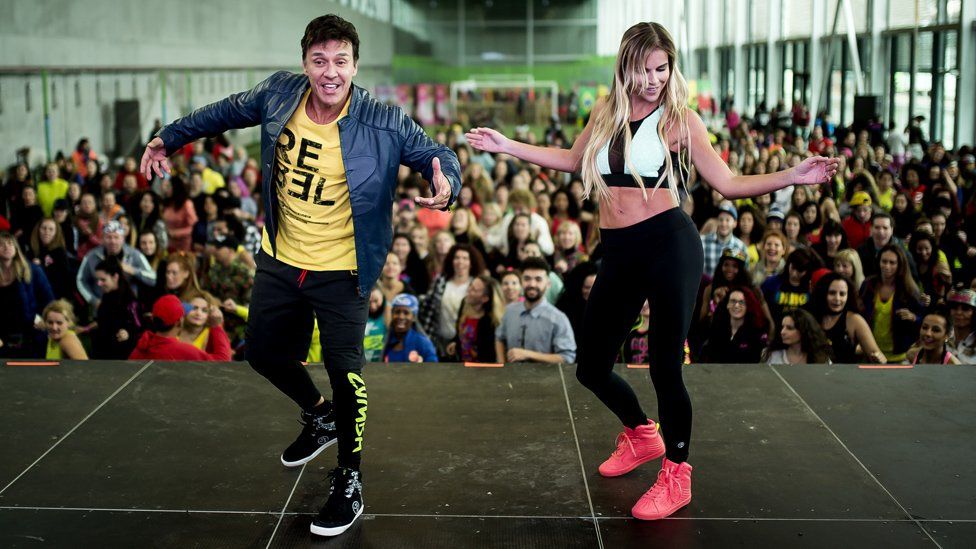

The new genre, simply called "underground" and later "perreo", had explicit lyrics about drugs, violence, poverty, friendship, love and sex. The genre's popularity increased when it was discovered by international audiences during the early 2000s. Bootleg recordings and word of mouth became the primary means of distribution for this music until 1998, when it coalesced into modern reggaeton. The Puerto Rican police launched a campaign against underground music by confiscating cassette tapes from music stores under penal obscenity codes, levying fines and demonizing rappers in the media.

As a youth culture existing on the fringes of society and the law, it has often been criticized. This created an inconspicuous-yet-prominent underground youth culture which sought to express itself. As Caribbean and African-American music gained momentum in Puerto Rico, reggae rap in Spanish marked the beginning of the Boricua underground and was a creative outlet for many young people. DJ Playero and DJ Nelson were inspired by hip hop and Dancehall to produce " riddims", the first reggaeton tracks. It became known as "underground" music, due to its circulation through informal networks and performances at unofficial venues. Often mistaken for reggae or reggae en Español, reggaeton is a younger genre which originated in the clubs of San Juan, Puerto Rico in 1991. Daddy Yankee is known as the " King of Reggaetón".


 0 kommentar(er)
0 kommentar(er)
